MS-LS2-2
Construct an explanation that predicts patterns of interactions among organisms across multiple ecosystems.
-
 Environment
EnvironmentTiny air pollutants inflame airways and harm heart
New studies show how tiny bits of air pollution, called particulate matter, can lead to health problems ranging from chronic runny noses to heart disease.
-
 Life
LifeWeird mega-worm found to have odd diet
Giant shipworms have bacteria in their gills that produce food for them. This has made their digestive organs shrink from lack of use.
-
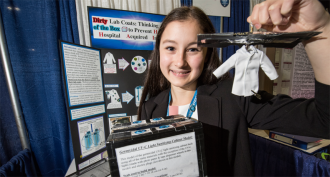 Health & Medicine
Health & MedicineA light-filled box could blast bacteria from lab coats
Doctors can pick up bacteria on their lab coats. A teen has designed a special light-filled box to keep those coats from infecting others with those germs.
-
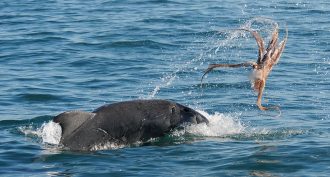 Animals
AnimalsToss and slap — how dolphins disarm a dangerous meal
Octopus can be a deadly meal, especially if you don’t have hands to cut it up. But dolphins in Australia have figured out how to eat octopus without choking to death.
-
 Health & Medicine
Health & MedicineLibrary books could come with a side of germs
People transfer microbes to most of the things we touch. Does that extend to our library books? A teen did an experiment to find out.
-
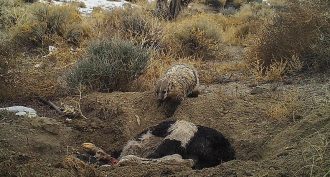 Animals
AnimalsIndustrious badger caught burying an entire cow
Badgers are known to bury small animals. That allows them to save a meal for future dining. Now researchers have caught them caching something much bigger: young cows.
-
 Tech
TechCool Jobs: Doing real science in virtual worlds
Virtual reality isn’t just for gamers. Scientists are using VR technology to tackle real-world problems.
-
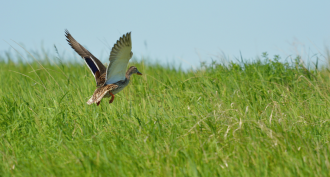 Ecosystems
EcosystemsAmerica’s duck lands: These ‘potholes’ are under threat
North America’s prairies are in trouble. Scientists race against the clock for clues about how to save the plants — and animals — that call it home.
-
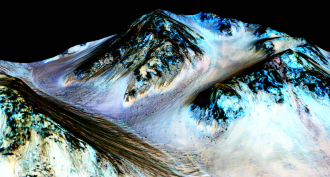 Earth
EarthKeeping space missions from infecting Earth and other worlds
Scientists are always looking for ways to stop Earthly microbes from polluting other planets. The same goes for bringing bits of other planets back to Earth.
-
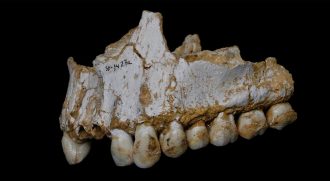 Science & Society
Science & SocietyFossils point to Neandertal diets — and medicine use
Whether Neandertals were largely meat-eaters or vegans depended on their environment, fossils now suggest. Their teeth also indicate they used natural medicines.
-
 Environment
EnvironmentCleaning up water that bees like to drink
Plant roots suck up pesticides used on soils, then release them into water that can seep from their leaves. This is a sweetened water that bees love to sip. A teen figured out how to remove most of the pesticide with bits of charcoal.
-
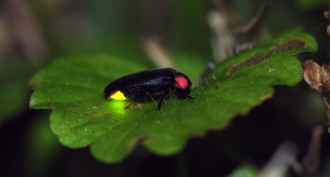 Animals
AnimalsCool Jobs: A world aglow
Three scientists probe how the natural world makes light, in hopes of using this information to design new and better products.